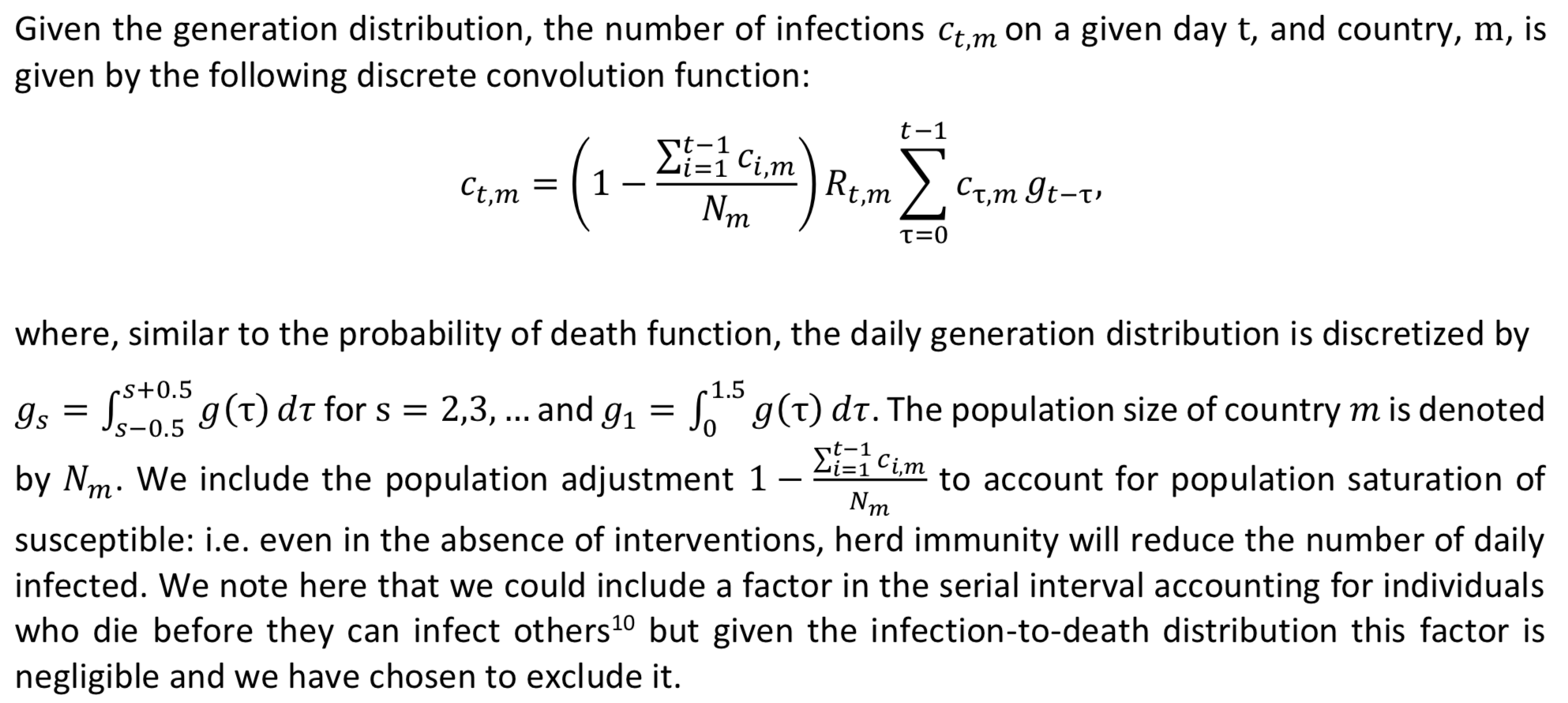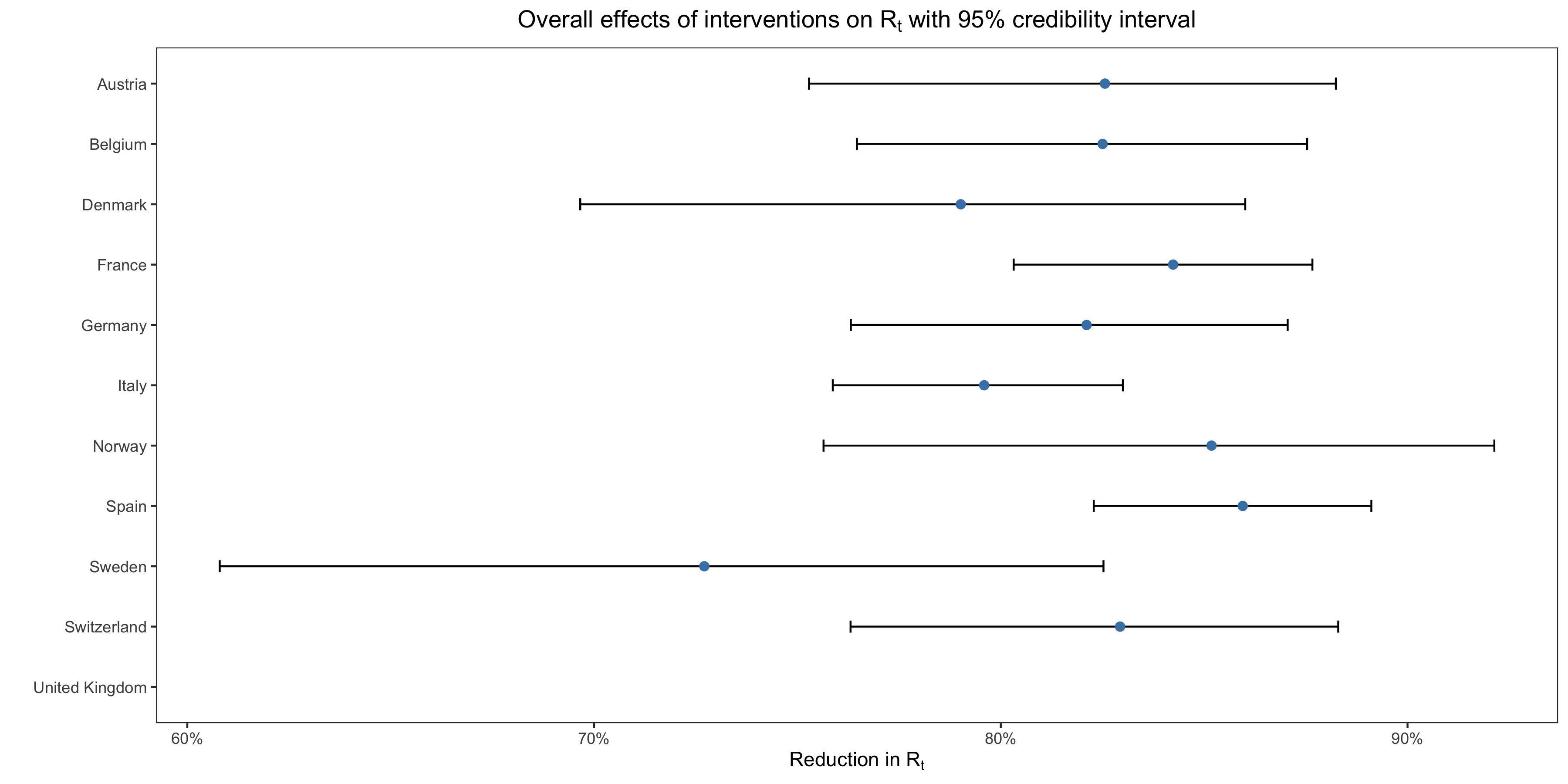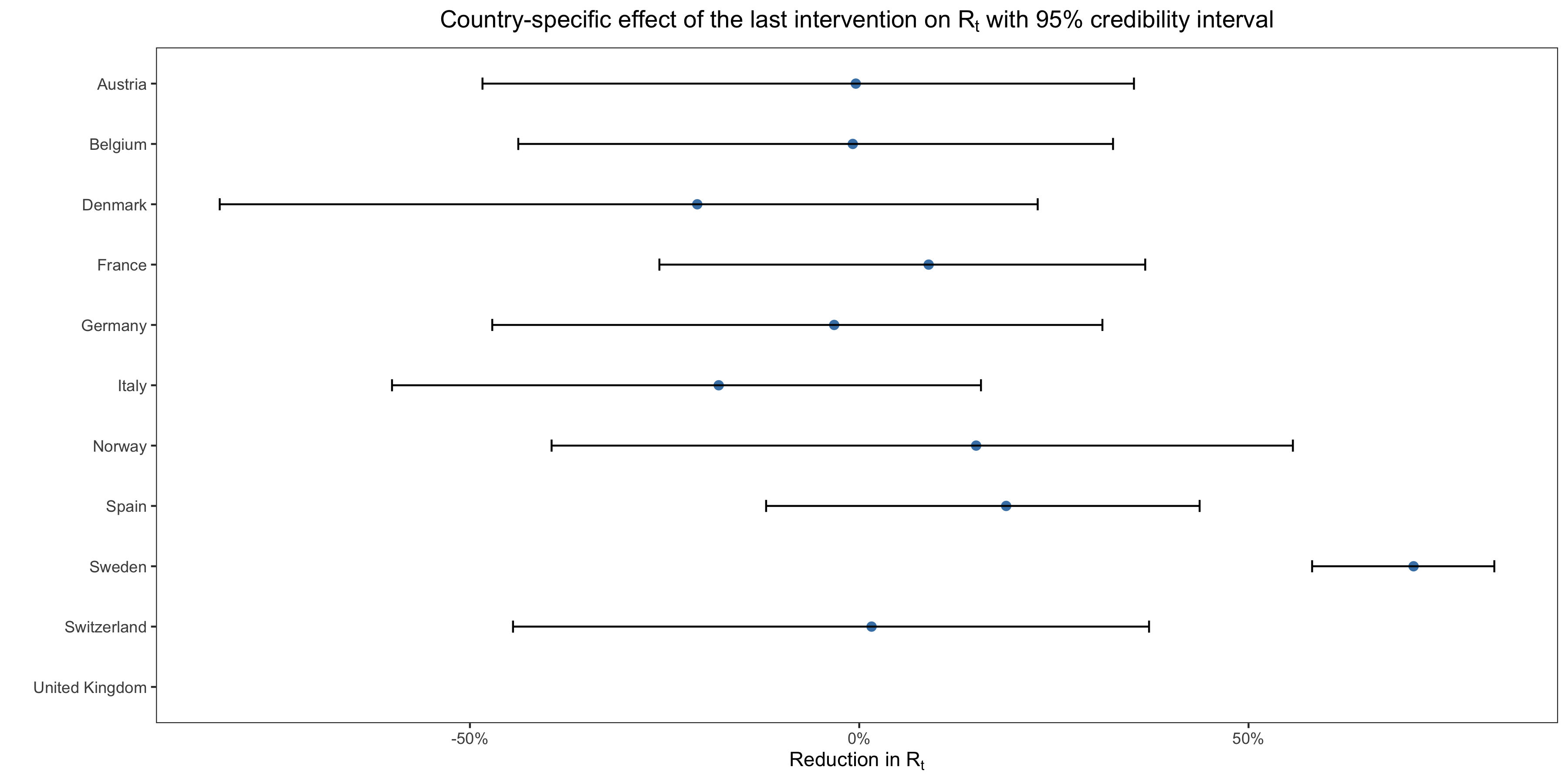---
That said, Performance is a different thing. It takes into account 6 parameters
Confirmed cases
Confirmed deaths
Confirmed cases per million people
Confirmed deaths per million people
Confirmed cases as a proportion of tests
Tests per thousand people
------
Take note:Tests matter! - (more: scroll down to the bottom of the post)
Now, let’s take a look at the performance
The index Covid Performance - Lowy Institute 13 March 2021
According to the Covid Performance Index,see chart 2.Folllow the link.
According to Political regimes:
According to population size.
See the chart.
In fact, overcrowed/ China’s low death rate per million was a remarkable feat, because...as I said before, population size matters!
---
OK, here is the Ranking - on January 2021
1-New Zealand: 94.4
2-Vietnam:90.8
3-Taiwan: 86.4
---------
Follow the link to the website, provided above - or just read the news, New Zealand, Vietnam top pandemic response list, Japan lags
------
Now, let’s talk a bit about fake news and media bias: for example, the Inquerer.net:
The big title in the front page is :
"NEW ZEALAND, TAIWAN TOPS COVID PERFORMANCE INDEX"
OK, let’s read the article. It actually says: “New Zealand, Vietnam and Taiwan rank the top three”
------
More fake news- read the Sidney Morning Star. Take look, COVID Performance Index ranks the countries that handled ...
What they say?
Now, please go back to the source Covid Performance - Lowy Institute 13 March 2021
Or read above.Unfortunatly, it’s the opposite.






 Reply With Quote
Reply With Quote

























